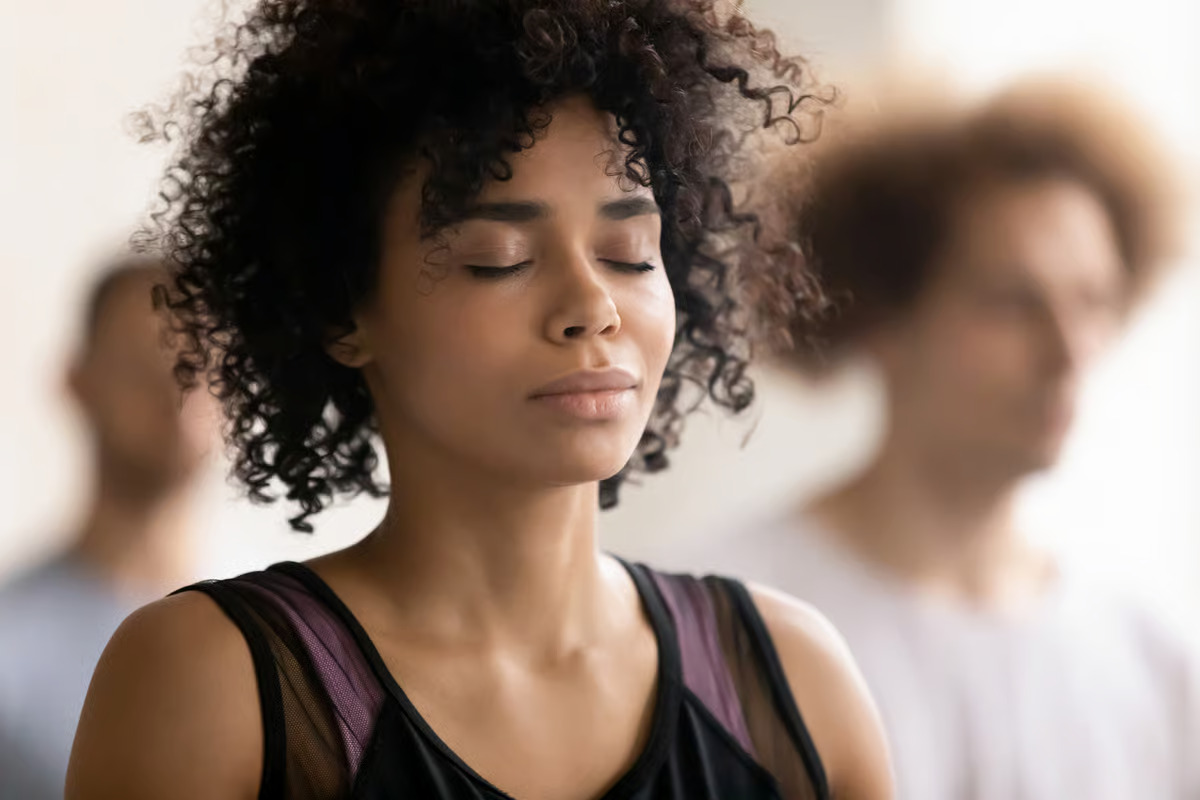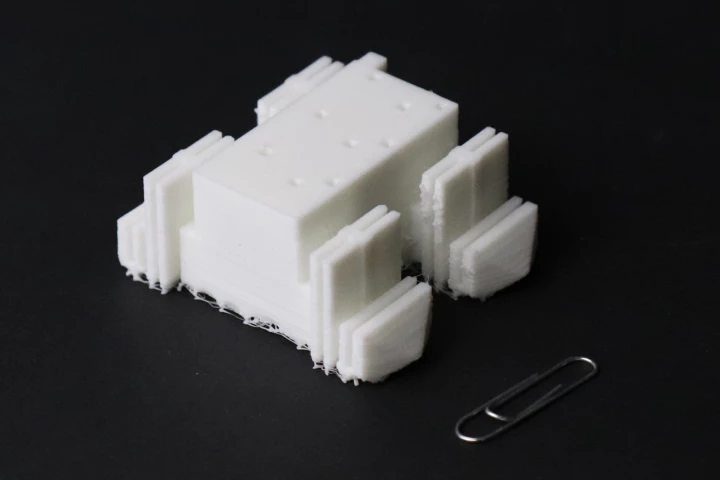 Your breathing could be as unique as your fingerprints. Depositphotos –
Your breathing could be as unique as your fingerprints. Depositphotos –
Though we coordinate it effortlessly, breathing isn’t as simple a process as we may think. By tracking how we breathe over a full day, researchers have uncovered patterns so distinct they are on par with or better than voice recognition.
The research, published in Current Biology, builds on the idea that we all have unique brains. Researchers hypothesized the same novelty would be evident in our breathing. To test the hypothesis, scientists at the Weizmann Institute of Science developed a lightweight wearable device with tubes under the nostrils to measure a person’s nasal airflow for 24 hours.
They used the device on 100 healthy young adults, with no history of nose surgeries or sleep disorders. Participants were asked to carry out their daily activities, including sleep, using the device, and were provided with a dedicated mobile application to record these daily activities and fill out questionnaires.
To characterize breathing patterns, researchers extracted 24 parameters, such as inhalation and exhalation, from the respiratory data. The team separated the patterns of respiration when participants were sleeping and awake. After training an algorithm with the collected data, researchers effectively identified the members of the cohort using the nasal airflow data alone.

However, researchers were keen to understand whether these unique respiratory characteristics remain stable over time. So the team conducted an additional breath-tracking test on 42 of the participants sometime later. Even after up to two years, a person’s variations in breathing were stable and distinct.
“I thought it would be really hard to identify someone because everyone is doing different things, like running, studying, or resting,” says author Timna Soroka of the Weizmann Institute of Science. “But it turns out their breathing patterns were remarkably distinct.”
Additionally, the study also found a correlation between breathing traits and a person’s mental health. For instance, participants who marked high on the anxiety questionnaire had shorter inhale rates with more pauses between breaths during sleep.
“We intuitively assume that how depressed or anxious you are changes the way you breathe,” says the author Noam Sobel. “But it might be the other way around. Perhaps the way you breathe makes you anxious or depressed. If that’s true, we might be able to change the way you breathe to change those conditions.”
Still, the device isn’t exactly ready to be rolled out into public use. In the trials there were instances of … [for the balance of this very interesting article please visit: https://newatlas.com/biology/human-breathing-patterns-are-as-unique-as-our-fingerprints/]
–
The study was published in Current Biology. Source: Cell Press
–
























